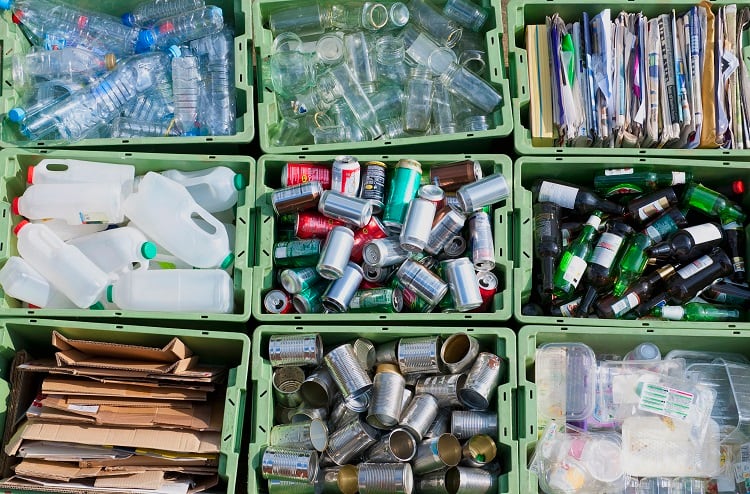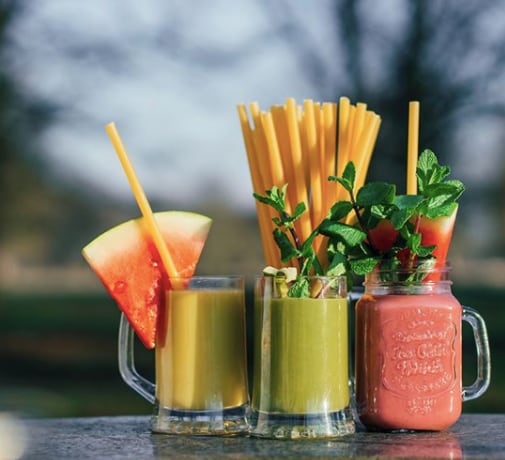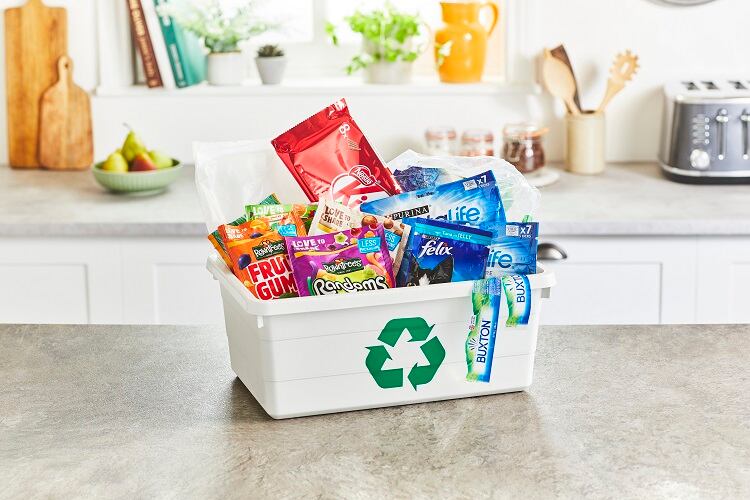Nestlé operates globally, which means its products are also disposed of globally. But the recycling regimes of the world are a patchwork of differences. Navigating these myriad of different packaging regimes, between and even within the countries in which it operates, is easier said than done.
Curbside
Even within a country, curbside recycling rules often vary wildly. The UK, for example, is a patchwork of local authorities making a patchwork of curbside recycling rules. These differences can be seen on a granular level, often varying from street to street. In England alone there are 317 local authorities, and each one with a different recycling regime. Curbside rules also vary between countries.
This, of course, is a challenge for a company such as Nestlé. It is advocating for a more streamlined approach, which seems to be on the legislational horizon. For example, a piece of legislation called Simpler Recycling is due to come into force in 2025, which will make it so that all local authorities will have to accept the same materials (although it does not address recycling methods). A similar harmonisation, according to Sokhna Gueye, head of packaging at Nestlé UK and Ireland, is going on in France, which was historically fragmented in a similar way to the UK.
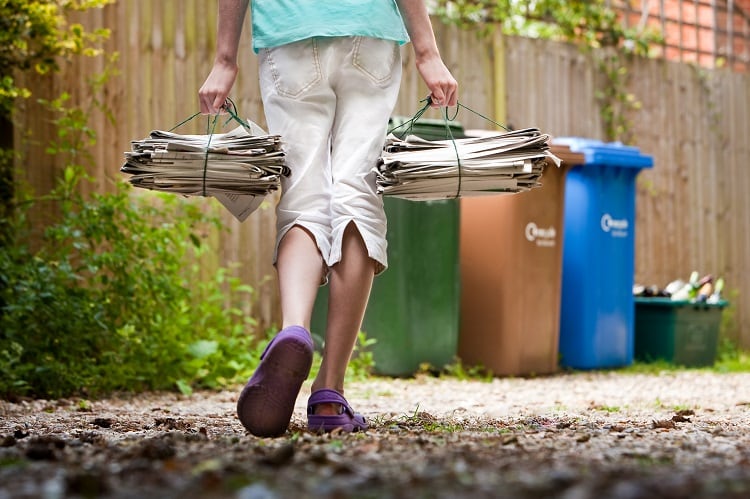
Nestlé is also a founding member of the Flexible Packaging Fund, which aims to understand consumer behaviour when recycling flexible packaging. This will help to ascertain which recycling infrastructure works best for said packaging.
“This is to trial in different geographies with different households - rural, urban, suburban - to understand the behaviour of households when they give back their flexible packaging, and to understand which infrastructure would be necessary in terms of investment in material recovery facilities to scale up flexible packaging at curbside,” said Gueye. According to the fund, only 7% of flexible packaging is currently recycled.
Recycling paper
With paperisation growing in popularity, Nestlé must deal with a range of different recycling regulations across markets. Different countries will be able to process different percentages of paper within each recycled paper product. Globally, such packaging must be over 50% paper, Nestlé told us, but different countries can handle different levels. “One thing to consider before everything is your local infrastructure,” said Gueye.
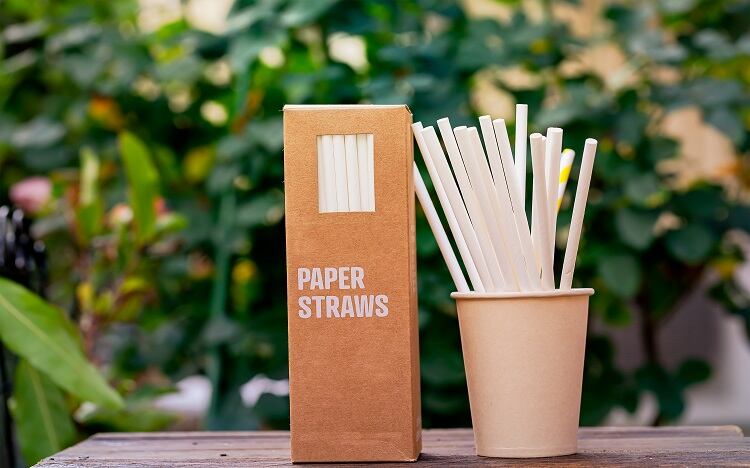
Different consumer bases
In order to encourage reusing and recycling around the world, Nestlé has run pilot schemes with the startup Circolution, where Nestlé uses Circolution’s reusable and recyclable packaging for its products. This has been a particular success in Germany, which according to Jodie Roussell, Nestlé’s global public affairs lead for packaging and sustainability, already has a culture of refilling.
Roussell believes that many countries have elements of recycling already culturally embedded which could be used as a springboard from which to encourage them to recycle.
“If we think about reusable takeaway containers in India or reusable chopsticks in China, there are models in use, and we need to bridge the consumer awareness from existing models, that they participate in without considering it, to the new models,” she said.
Nestlé aims to both traverse these differences with its own packaging, and help harmonise these standards. “We're trying to advocate as much as possible for harmonisation of standards, and on the other side we're focused on how we match our packaging with what is actually recyclable in market,” said Jodie Roussell, Nestlé’s global public affairs lead for packaging and sustainability.
Global monitoring
With so many recycling and packaging-related laws being passed globally, it’s important to keep track. Nestlé monitors all recycling and packaging-related laws passed in the 188 countries in which it operates. “We look at reuse legislation, Deposit Return Scheme (DRS) legislation, recycled content, Extended Producer Responsibility (EPR), other broader circular economy laws that are forcing changes in the packaging system, as well as bans,” Roussell told us.
Nestlé sorts these countries into three archetypes of waste collection: archetype one countries, which include the UK and France, are those through which waste is collected through organised systems and there is significant levels of recycling; archetype two, which includes the US and China, are countries where waste is collected through government-mandated systems but is usually landfilled; and archetype three countries, which include the Democratic Republic of the Congo (DRC) and Argentina, are where waste is mostly collected informally, by organisations such as cooperatives of informal waste collectors. Around the world, Nestlé has people in all of its 188 countries ensuring it remains up to date with its record of these laws.
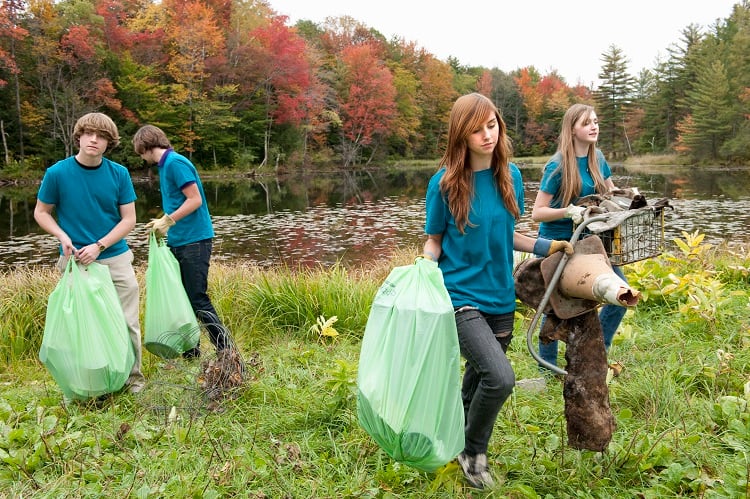
Deciding on which archetypes fit which countries was, Roussell told us, often complex, because, as seen with the UK, recycling systems tend to diverge as much within countries as between them. “In many countries, for example China where you have very different levels of development in urban centres versus the countryside, you may have all three models operating in one country,” she said.
Nevertheless, keeping up to date with global recycling legislation is a vital part of Nestlé’s recycling strategy. “We have to stay on top of this topic. Otherwise how do we comply with the law and how do we responsibly design our packaging to be leading edge with our voluntary practices?” Roussell concluded.
Nestlé, according to Roussell, also practices ‘proactive advocacy’ in areas such as extended producer responsibility, deposit return, and reuse and refill and recycle mandates in many of the countries where it operates, in order to try to promote recycling and in some cases to encourage a change the regulatory landscape there.
UN treaty on plastic pollution
In March 2022, the United Nations (UN) adopted a resolution to end plastic pollution. 170 countries agreed to the resolution. According to the UN, negotiations on how to implement the resolution should be completed by the end of 2024.
One example of this is ‘incentive return’, which is similar to deposit return and aims to incentivise recycling. This can often fit the context of the country where it is operating. “In some countries, if you put an incentive and say 'we know what an average daily wage is in this country, we know that there are cooperatives of workers collecting it,' we can set up a per kilo price that reflects the relative complexity of collecting a kilo of flexible plastic versus collecting a kilo of aluminium.”
The benefits of a treaty
The disunity of recycling and waste disposal regulations, both between and within countries, can be mitigated. According to Roussell, the potential upcoming UN treaty on plastics could work to harmonise some of these regulations.
“This is about driving harmonised legislation and standards across countries. (Laws around the world are) largely a patchwork, those laws are not harmonised. This is what we're trying to push for harmonisation and standardisation on. This will lower compliance costs, it'll lower operational complexity.”


